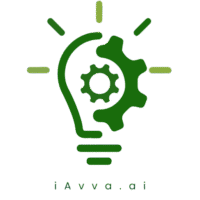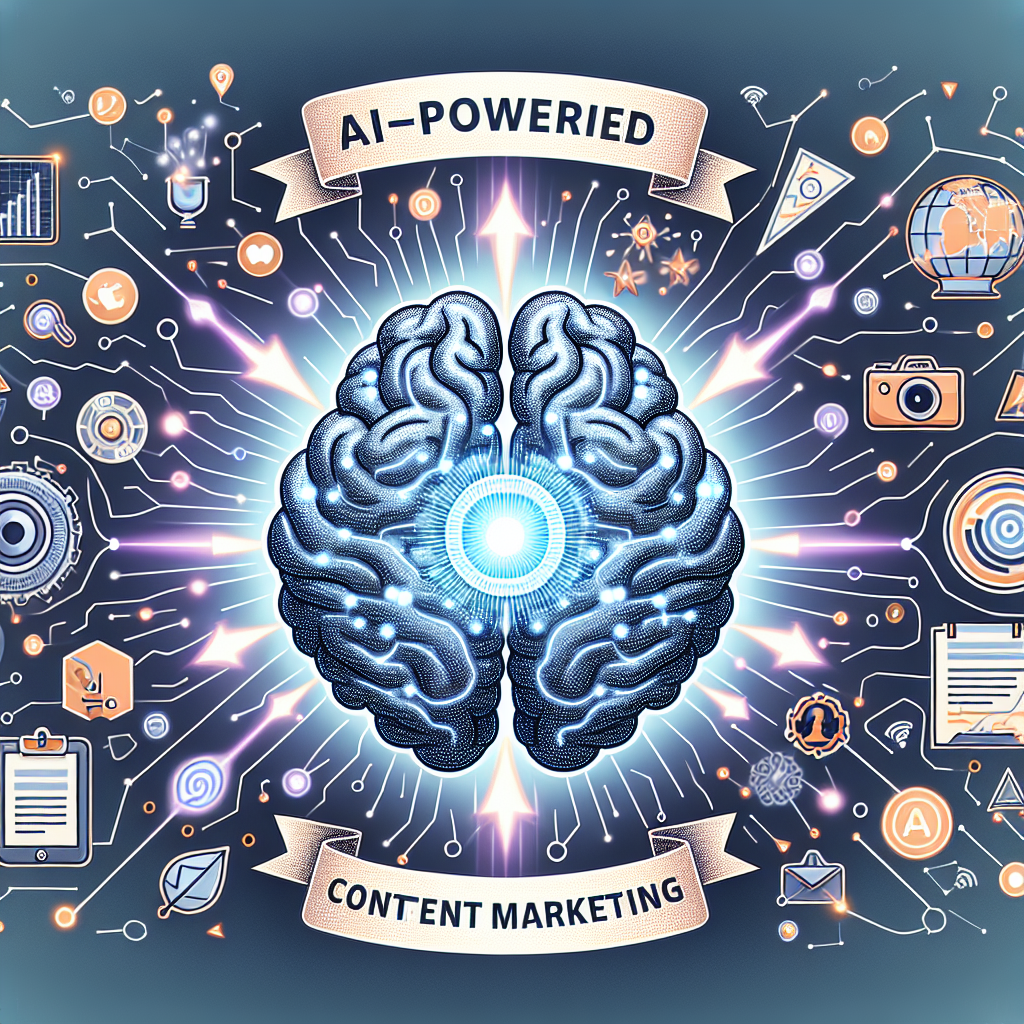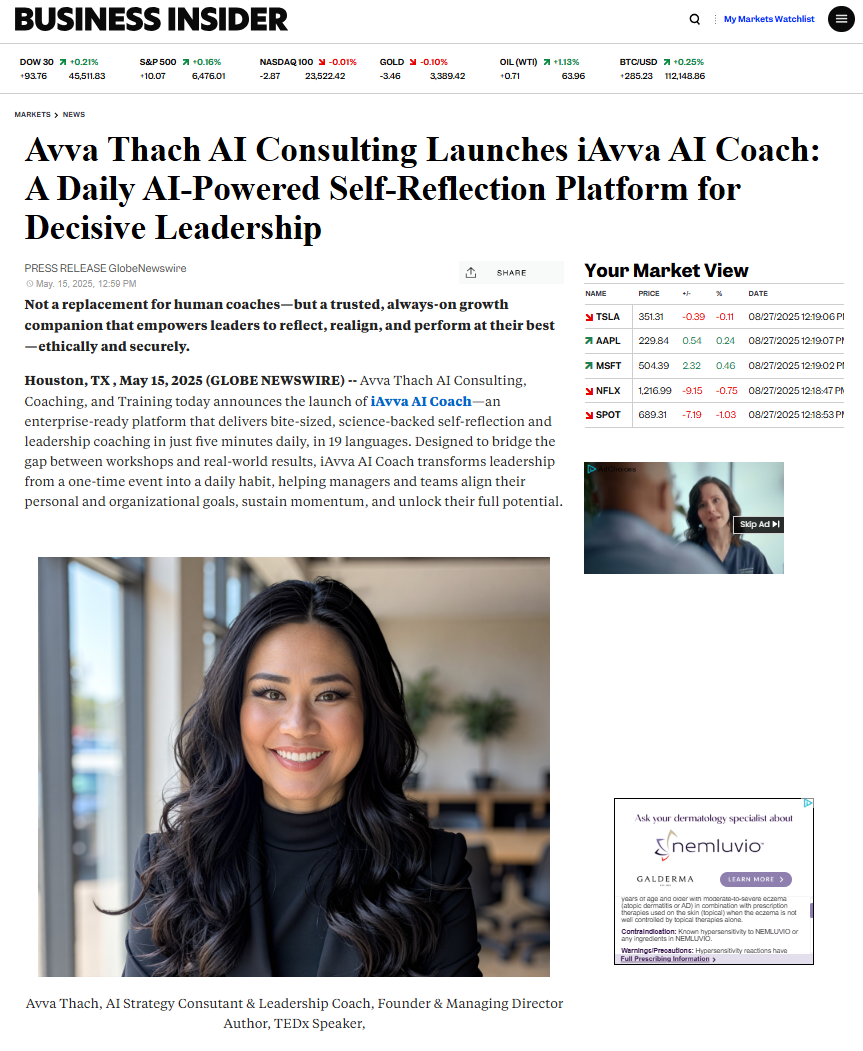In today’s fast-paced business landscape, the importance of empowering employees cannot be overstated. Empowerment is not merely a buzzword; it is a fundamental shift in how organizations operate. When employees feel empowered, they take ownership of their roles, leading to increased motivation and productivity.
According to a Gallup study, organizations with high employee engagement outperform their competitors by 147% in earnings per share. This statistic underscores the direct correlation between empowerment and organizational success. Empowered employees are more likely to innovate, take initiative, and contribute to a positive workplace culture.
Moreover, empowering employees fosters a sense of belonging and loyalty. When individuals feel that their voices are heard and their contributions valued, they are more likely to remain committed to the organization. This loyalty translates into lower turnover rates, which can save companies significant costs associated with recruitment and training.
A case study from Google effectively illustrates this point. The tech giant has long been recognized for its employee empowerment initiatives, such as the renowned “20% time” policy, which enables employees to dedicate a portion of their workweek to projects they are passionate about. This approach has not only led to groundbreaking innovations like Gmail and Google News but has also cultivated a workforce that is deeply engaged and loyal to the company. Try iAvva AI coach app for free.
Key Takeaways
- Empowering employees leads to increased motivation, productivity, and job satisfaction.
- Trust and autonomy are crucial for cultivating a positive work culture and promoting employee empowerment.
- Providing opportunities for skill development helps employees feel valued and invested in their personal growth.
- Encouraging collaboration and teamwork fosters a sense of belonging and empowerment among employees.
- Fostering a growth mindset promotes continuous learning and improvement, leading to empowered and resilient employees.
Creating a Culture of Trust and Autonomy
Creating a culture of trust and autonomy is essential for empowering employees effectively. Trust is the bedrock of any successful organization; without it, employees may feel hesitant to take risks or voice their opinions. Leaders must demonstrate trust in their teams by delegating responsibilities and allowing them the freedom to make decisions.
This autonomy encourages employees to think critically and creatively, leading to innovative solutions that can propel the organization forward. For instance, consider the case of Zappos, an online shoe and clothing retailer known for its unique corporate culture. Zappos has implemented a holacratic structure, which eliminates traditional hierarchies and empowers employees to take ownership of their roles.
This approach has resulted in a highly motivated workforce that feels trusted and valued. Employees are encouraged to make decisions that align with the company’s core values, fostering a sense of accountability and pride in their work. The result?
Zappos has consistently ranked as one of the best places to work, with high employee satisfaction scores and impressive customer service ratings.
Providing Opportunities for Skill Development

To truly empower employees, organizations must invest in their skill development. Continuous learning is vital in an ever-evolving job market, and employees who feel supported in their professional growth are more likely to remain engaged and committed. Companies can offer a range of training programs, workshops, and mentorship opportunities that align with both individual aspirations and organizational objectives.
Take the example of AT&T, which has made significant strides in employee development through its “AT&T University” initiative. The company recognized that technological advancements were rapidly changing the telecommunications landscape, and it needed a workforce equipped with new skills. By providing access to online courses, certifications, and leadership training, AT&T has empowered its employees to adapt to these changes while enhancing their career prospects.
As a result, the company has seen increased employee satisfaction and retention rates, demonstrating that investment in skill development pays off in more ways than one.
Encouraging Collaboration and Teamwork
| Metrics | Data |
|---|---|
| Number of team collaboration sessions | 25 |
| Team satisfaction survey score | 4.5 out of 5 |
| Number of cross-departmental projects completed | 10 |
| Employee engagement in team-building activities | 80% |
Collaboration is another critical component of employee empowerment. When individuals work together towards common goals, they can leverage diverse perspectives and skills, leading to more innovative solutions. Organizations should create an environment that encourages teamwork by breaking down silos and promoting cross-functional collaboration.
A prime example of this is seen at Pixar Animation Studios. The company fosters a collaborative culture where creativity thrives through open communication and teamwork. Pixar’s “Braintrust” meetings allow employees from different departments to provide feedback on projects in a constructive manner.
This collaborative approach not only enhances the quality of their films but also empowers employees by valuing their input and expertise. The result is a creative powerhouse that consistently produces award-winning films while maintaining high employee morale.
Fostering a Growth Mindset
Fostering a growth mindset within an organization is essential for empowering employees to reach their full potential. A growth mindset encourages individuals to view challenges as opportunities for learning rather than obstacles to success. Leaders play a crucial role in cultivating this mindset by promoting resilience, adaptability, and a willingness to embrace change.
Consider the case of Microsoft under the leadership of CEO Satya Nadella. Nadella has championed a growth mindset culture within the company, encouraging employees to learn from failures and continuously improve. This shift has transformed Microsoft’s workplace environment, leading to increased innovation and collaboration across teams.
By empowering employees to take risks and learn from their experiences, Microsoft has positioned itself as a leader in technology once again.
Recognizing and Rewarding Employee Contributions

Recognition is a powerful motivator that can significantly impact employee empowerment. When individuals feel appreciated for their contributions, they are more likely to be engaged and committed to their work. Organizations should implement recognition programs that celebrate both individual achievements and team successes.
A notable example is Salesforce, which has established a robust recognition program called “Ohana Culture.” This initiative emphasizes the importance of family-like support within the workplace, where employees celebrate each other’s accomplishments regularly. By recognizing contributions through awards, shout-outs during meetings, or even simple thank-you notes, Salesforce fosters an environment where employees feel valued and motivated to excel. This culture of recognition not only boosts morale but also enhances overall productivity.
Implementing Feedback and Communication Channels
Effective feedback and communication channels are vital for empowering employees. Open lines of communication allow individuals to voice their opinions, share ideas, and provide constructive feedback without fear of retribution. Organizations should establish regular check-ins, surveys, and feedback mechanisms that encourage dialogue between employees and leadership.
For instance, Adobe has implemented a “Check-In” process that replaces traditional performance reviews with ongoing conversations between managers and employees. This approach allows for real-time feedback and fosters a culture of continuous improvement. By prioritizing open communication, Adobe empowers its workforce to take ownership of their development while ensuring alignment with organizational goals.
Offering Flexibility and Work-Life Balance
In an era where work-life balance is increasingly prioritized by employees, offering flexibility is crucial for empowerment. Organizations that provide options for remote work, flexible hours, or compressed workweeks demonstrate trust in their employees’ ability to manage their time effectively. A compelling case study is Buffer, a social media management platform known for its commitment to employee well-being.
Buffer offers its team members the flexibility to choose their work hours and locations while emphasizing the importance of work-life balance. This approach has resulted in high levels of employee satisfaction and retention rates while fostering a culture where individuals feel empowered to prioritize both their professional responsibilities and personal lives.
Supporting Employee Well-being and Mental Health
Supporting employee well-being and mental health is an essential aspect of empowerment that organizations must prioritize. A healthy workforce is more productive, engaged, and innovative.
For example, Johnson & Johnson has long been recognized for its commitment to employee well-being through its “Health & Wellness” initiatives. The company offers resources such as mental health support programs, fitness classes, and mindfulness training to help employees manage stress effectively. By prioritizing mental health, Johnson & Johnson empowers its workforce to thrive both personally and professionally.
Promoting Diversity and Inclusion
Promoting diversity and inclusion within the workplace is not just a moral imperative; it is also essential for empowering employees from all backgrounds. A diverse workforce brings together unique perspectives that can drive innovation and creativity while fostering an inclusive environment where everyone feels valued. Take the example of Accenture, which has made significant strides in promoting diversity within its ranks.
The company has set ambitious goals for gender parity and racial diversity while implementing programs that support underrepresented groups in leadership roles.
Measuring the Impact of Empowerment on Employee Performance
Finally, measuring the impact of empowerment on employee performance is crucial for organizations seeking continuous improvement. By tracking key performance indicators (KPIs) related to engagement, productivity, retention rates, and overall job satisfaction, companies can assess the effectiveness of their empowerment initiatives. For instance, companies like Gallup offer tools that help organizations measure employee engagement levels through surveys that gauge various aspects of empowerment.
By analyzing this data regularly, leaders can identify areas for improvement while celebrating successes along the way. Ultimately, measuring empowerment’s impact allows organizations to refine their strategies continually while ensuring they remain committed to fostering an empowered workforce. In conclusion, empowering employees is not just about implementing policies; it requires a holistic approach that encompasses trust, skill development, collaboration, recognition, well-being support, diversity promotion, and continuous measurement of impact.
Organizations that prioritize these elements will not only enhance employee satisfaction but also drive innovation and success in today’s competitive landscape. Empowerment is not merely an option; it is an imperative for organizations seeking sustainable growth in the modern world.
Employees at AI Corporate Training & Consulting can greatly benefit from understanding the advantages of remote work, as it is becoming an increasingly prevalent trend in the corporate world. A related article, The Benefits of Remote Work for Employees and Employers, explores how remote work can enhance productivity, improve work-life balance, and reduce operational costs. This insight is particularly valuable for companies looking to implement flexible work arrangements and for employees seeking to optimize their work environment.
FAQs
What is AI Corporate Training & Consulting?
AI Corporate Training & Consulting is a company that provides training and consulting services to businesses in the field of artificial intelligence (AI).
What services does AI Corporate Training & Consulting offer?
AI Corporate Training & Consulting offers a range of services including AI training programs, consulting on AI strategy and implementation, and workshops on AI technologies.
Who are the employees at AI Corporate Training & Consulting?
The employees at AI Corporate Training & Consulting are professionals with expertise in AI technologies, data science, machine learning, and business consulting.
What are the qualifications of the employees at AI Corporate Training & Consulting?
The employees at AI Corporate Training & Consulting typically hold advanced degrees in fields such as computer science, engineering, mathematics, or related disciplines. They also have practical experience in implementing AI solutions in real-world business environments.
How can businesses benefit from the services of AI Corporate Training & Consulting?
Businesses can benefit from the services of AI Corporate Training & Consulting by gaining a deeper understanding of AI technologies, developing AI strategies tailored to their specific needs, and implementing AI solutions to improve their operations and decision-making processes.










Leave a Reply